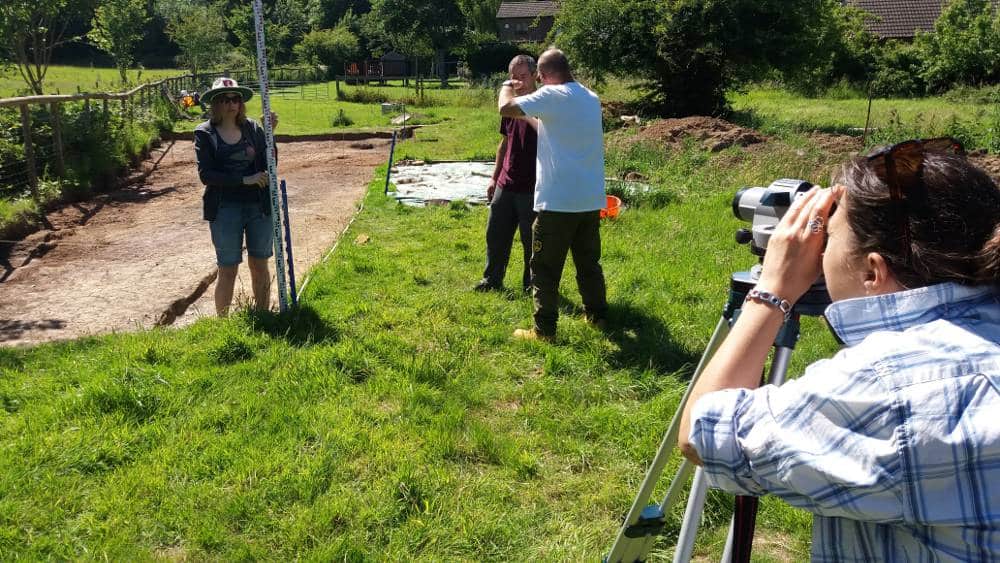VOLUNTEER archaeologists believe they have broken new ground after uncovering evidence of Neolithic and Roman-era settlements near High Brooms.
WKDArchaeology, which is made up of volunteers from across West Kent, has been excavating sites around Powder Mill Lane, not far from where an Iron Age forge was discovered two years ago.
The current excavation is being led by the organisation’s consultant archaeologist, who previously worked on Channels Four’s Time Team.
Unearthed have been a series of ‘wattle & daub’ structures, which may have been built in the Romano-British period that various scholars say lasted from AD 43 until the sixth century AD, or the Saxon era.
Wattle and daub is a composite building material in which wooden strips called wattle are daubed with a sticky material such as wet soil, clay, animal dung and straw.
It is believed to be the first structure of its kind to be found in the area.
However, it is the discovery of a late Neolithic flint knife which has got the group most excited, said founder Nigel Stapple, who described the find as ‘significant’.
“Not only is this high status find the first to be found in this part of Kent, it is only one of a few found across the entire county. Nationally these are rare and considered important finds,” he said.
Mr Stapple and his team are also setting their sights on digging in other areas around the town, he said, adding: “Several other new sites in the Tunbridge wells area are also being evaluated.
“Far from being of little archaeological merit WKDArchaeolgy and it’s active volunteers has shown this not to be the case and that the areas in and around Tunbridge Wells have significant ancient archaeology under our feet.”
The group is currently seeking new research volunteers to join their team.








